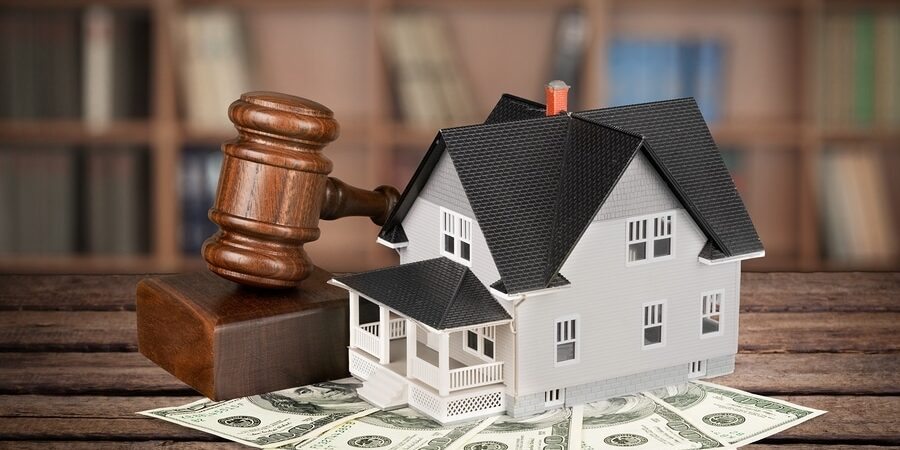For many people, their house is their most valuable asset. In a divorce, assets are split fairly between the couple, including their home. When neither former partner can afford to keep the house, or when both partners want to leave the home, the house may be put up for sale.
When One Partner Wants to Stay
If one spouse would like to stay in the marital home, which is especially common when there are children involved in the marriage, that spouse will have to compensate the other for the value of the house. Sometimes this means that the partner who is leaving will receive property, money, or other assets which will balance out the value of the property that he or she is losing. Other times, the court may allow the partner leaving the house to place a lien on the property, which will allow him or her to be compensated if the house is ever sold or refinanced.
Alternatively, a couple can agree to continue to jointly own the house if the two can continue to get along and there is enough trust that the mortgage would be paid. For example, a husband and wife could agree that the wife and children would continue living in the home until the children reach adulthood. In this situation, both spouses would continue to be responsible for the mortgage debt.
In addition, many couples decided to continue owning the home together after divorce during the downturn of the housing market. When a house is undervalued and would be sold at a loss, it may be better to wait for the housing market to turn around so that the house can be sold at a profit.
When Both Spouses Leave
When neither spouse can afford the mortgage alone, or when neither party wants to stay in the home, the house can be sold. After the sale, the mortgage and any closing costs will be paid first, and then the proceeds or the losses on the house will be distributed to each spouse.
When a couple is planning to sell the house during a divorce, the divorce agreement can specify which party would be responsible for paying the mortgage until a buyer is found and while the sale is still pending. The divorce decree can also determine which party will be in charge of the upkeep and maintenance on the house, and how the proceeds will be split after the sale.
Dealing With the Loss of Your Home
For many people, losing their home in a divorce is a traumatic experience. Even if both parties agree that selling the home is the best option, it can still be painful to leave behind a house full of memories. For that reason, a couple’s former home also becomes one of the most contentious issues in a divorce.
At Pacific Northwest Family Law, we understand how emotional and trying the divorce process can be. Our experienced family law attorneys can work with you and your former partner to come to an agreement about your marital property and will help you get the closure you need to move on from your marriage.
For help with your situation, contact us today by calling 877-738-0777.



